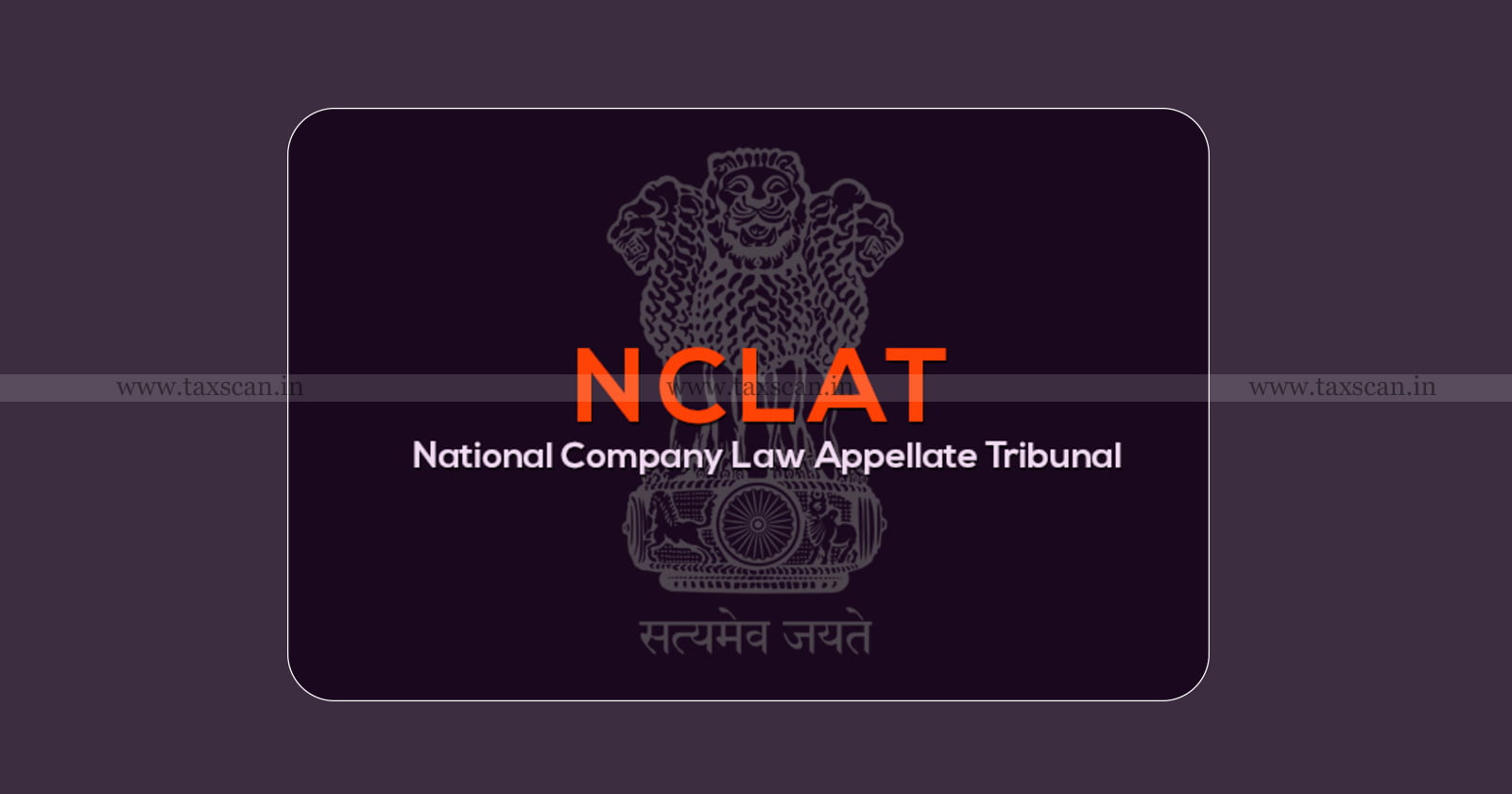Liquidator can Decide to Proceed With Private sale by 'Swiss Challenge Method': NCLAT [Read Order]
The bench viewed that the Liquidator's decision to proceed with a private sale by using the Swiss Challenge Mechanism cannot be said to be a decision beyond the Liquidator's jurisdiction or authority.

Liquidator -Decide – Private sale – Swiss Challenge Method – NCLAT – TAXSCAN
Liquidator -Decide – Private sale – Swiss Challenge Method – NCLAT – TAXSCAN
The National Company Law Appellate Tribunal's (NCLAT) New Delhi bench has ruled that the liquidator's choice to move forward with a private sale by using the Swiss Challenge Mechanism cannot be regarded as a decision outside of its purview or authority, especially since the Stakeholders Consultation Committee approved the decision.
On January 3, 2020, the liquidation procedure against the corporate debtor got underway.On September 26, 2024, Orissa Alloy Steel Pvt. Ltd. (OASPL) made a bid to the liquidator for Rs. 67 crores to buy the CD as a going concern, except the CD's assets that were held by the Kolkata Port Trust.
At the October 1, 2024, SCC meeting, OASPL was requested to make an offer that was at least as high as the asset's most recent reserve price. Along with a promise to deliver 30% of the consideration as "EMD," the "OASPL" updated its offer to Rs. 73 crores. The SCC voted on and approved the OASPL offer with the "requisite majority."
In order to sell the CD's assets under the Swiss Challenge Mechanism with the Right of First Refusal (RoFR) to "OASPL," the liquidator filed an application with the adjudicating authority. The application was reviewed and approved by the adjudicating authority in an order dated 11.12.2024.
Comprehensive Guide of Law and Procedure for Filing of Income Tax Appeals, Click Here
The appellant, Power Mech Projects Ltd., argued that there was no justification for implementing the Swiss Challenge Mechanism and that it violated natural justice principles. Additionally, it was contended that even if the Swiss Challenge Mechanism were allowed, it could only be implemented with the Stakeholders Consultation Committee's consent. The fairness, equity, and transparency principles are not met by the Swiss Challenge Mechanism.
Despite communicating with the liquidator since August 2, 2024, the respondent said that the appellant never made a business offer. Since no single interested party made a bid, the SCC chose to take the "OASPL's" offer into consideration and approve it.
Additionally, it was stated that the Swiss Challenge Mechanism is designed to maximize the value of the CD's assets and provides everyone, including the appellant, with the opportunity to participate. The Swiss Challenge Mechanism is not an exception. A number of interested parties have submitted "Expressions of Interest" to the Liquidation, and the Swiss Challenge Mechanism is scheduled for January 29, 2025.
The Swiss Challenge Mechanism is a price discovery process that permits the applicants to submit the highest bid, the tribunal noted. It dismissed the appellant's argument that this procedure is opaque or goes against the natural justice norm. It cannot be said that this approach does not provide all competitors with an opportunity to participate as all candidates who fulfill the requirements can do so.
After reviewing the offer's pertinent articles and the SCC's meeting minutes, the tribunal noted that the SCC had agreed in principle and that the proposal had been adopted with a 66.52% vote share. Therefore, SCC accepted the OASPL offer.
Comprehensive Guide of Law and Procedure for Filing of Income Tax Appeals, Click Here
It cannot be argued that the liquidator used their authority arbitrarily because the Adjudicating Authority approved an application that the liquidator filed under Regulation 35(h), according to the bench of Justice Ashok Bhushan (Judicial Member), Mr. Barun Mitra (Technical Member), and Mr. Arun Baroka (Technical Member). In RK Industries (above), the Supreme Court ruled that the court should not reconsider the reasonableness of the liquidator's judgment or replace it with their own opinions once the stakeholders have approved it. According to the tribunal's findings, "the Liquidator's decision to proceed with a private sale by using the Swiss Challenge Mechanism cannot be said to be a decision beyond the Liquidator's jurisdiction or authority." Additionally, as previously mentioned, the SCC has already approved the aforementioned decision following a thorough deliberation.
To Read the full text of the Order CLICK HERE
Support our journalism by subscribing to Taxscan premium. Follow us on Telegram for quick updates


